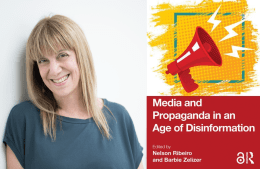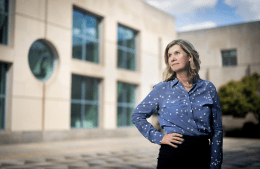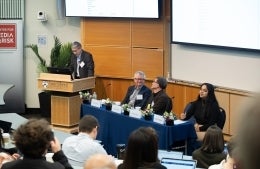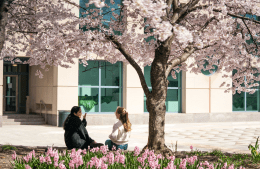
Barbie Zelizer, Ph.D.

- Raymond Williams Professor of Communication
- Director, Center for Media at Risk
Barbie Zelizer is the Raymond Williams Professor of Communication and Director of the Center for Media at Risk at the University of Pennsylvania’s Annenberg School for Communication. A former journalist, Zelizer is known for her work on journalism, culture, memory and images, particularly in times of crisis.
She has authored or edited sixteen books, including the award-winning About To Die: How News Images Move the Public (Oxford, 2010) and Remembering to Forget: Holocaust Memory Through the Camera’s Eye (Chicago, 1998), and close to 200 articles, book chapters and essays. Her newest books are: How the Cold War Broke the News (Polity, 2025) and Media and Propaganda in an Age of Disinformation (coedited with Nelson Ribeiro, Routledge, 2025).
Zelizer is a member of the American Academy of Arts and Sciences, a fellow of the British Academy and a fellow of the Europaea Academia. She is a recipient of multiple fellowships, including from the Guggenheim Foundation; Harvard University’s Joan Shorenstein Center on the Press, Politics, and Public Policy; the Helsinki Collegium for Advanced Studies; the Fulbright Senior Scholar Foundation; Stanford University’s Center for Advanced Study in the Behavioral Sciences; and the American Council of Learned Societies.
A founding co-editor of the academic journal Journalism: Theory, Practice & Criticism, a former president of the International Communication Association, a former Director of the Scholars Program in Culture and Communication, a Distinguished Scholar of the National Communication Association and a former Judge of the Peabody Awards for Excellence in Electronic Media, Zelizer is also a media critic, whose work has appeared in The Nation, PBS News Hour, CNN, The Huffington Post, Newsday, Liberation and other media organizations. Zelizer’s work has been translated into French, Korean, Turkish, Romanian, Chinese, Italian, Spanish, Hebrew and Portuguese.
Education
- B.A., Hebrew University of Jerusalem, 1976
- M.A., Hebrew University of Jerusalem, 1981
- Ph.D., University of Pennsylvania, 1990
Selected Publications
How the Cold War Broke the News, forthcoming from Polity Press
Media and Propaganda in an Age of Disinformation, Routledge, 2025
“Epilogue: Timing the Study of News Temporality.” Journalism, 2017.
“Communication in the Fan of Disciplines.” Communication Theory, 2016.
“Terms of Choice: Uncertainty, Journalism, and Crisis.” Journal of Communication, 2015.
Journalism and Memory. Palgrave Macmillan, 2014.
“Tools for the Future of Journalism.” Ecquid Novi: African Journalism Studies, 2013.
“On the Shelf Life of Democracy in Journalism Scholarship.” Journalism, 2013.
“When Practice is Undercut by Ethics,” in Ethics of Media. Palgrave MacMillan, 2013.
Making the University Matter. Routledge, 2011.
Journalism After September 11. Second Edition. Routledge, 2011.
“Journalism in the Service of Communication.” Journal of Communication, 2011.
Keywords in News and Journalism Studies. Open University Press, 2010.
About to Die: How News Images Move the Public. Oxford University Press, 2010.
The Changing Faces of Journalism: Tabloidization, Technology and Truthiness. Routledge, 2009.
Explorations in Communication and History. Routledge, 2008.
Taking Journalism Seriously: News and the Academy. Sage, 2004.
Reporting War: Journalism in Wartime. Routledge, 2004.
Visual Culture and the Holocaust. Rutgers University Press, 2001.
Remembering to Forget: Holocaust Memory through the Camera's Eye. University of Chicago Press, 2000.
Courses
- COMM 3390 Critical Perspectives in Journalism
- COMM 6390 Communication and Cultural Studies
- COMM 7390 Collective Memory and Journalism
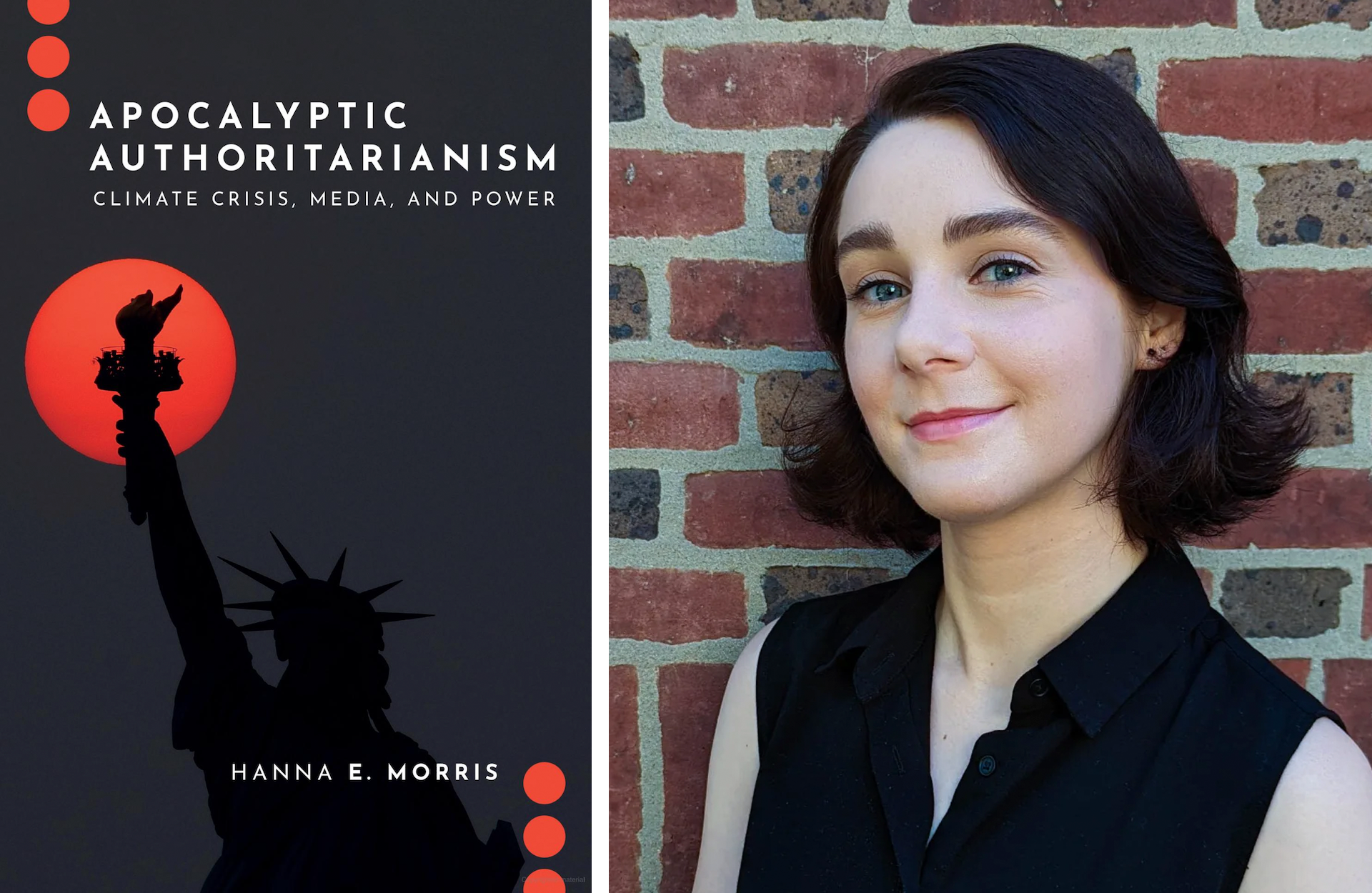
Apocalyptic Authoritarianism: Q&A with Hanna Morris (Ph.D. '21)
In her debut book, the University of Toronto assistant professor delves into the intersection between mainstream U.S. climate journalism and politics.

